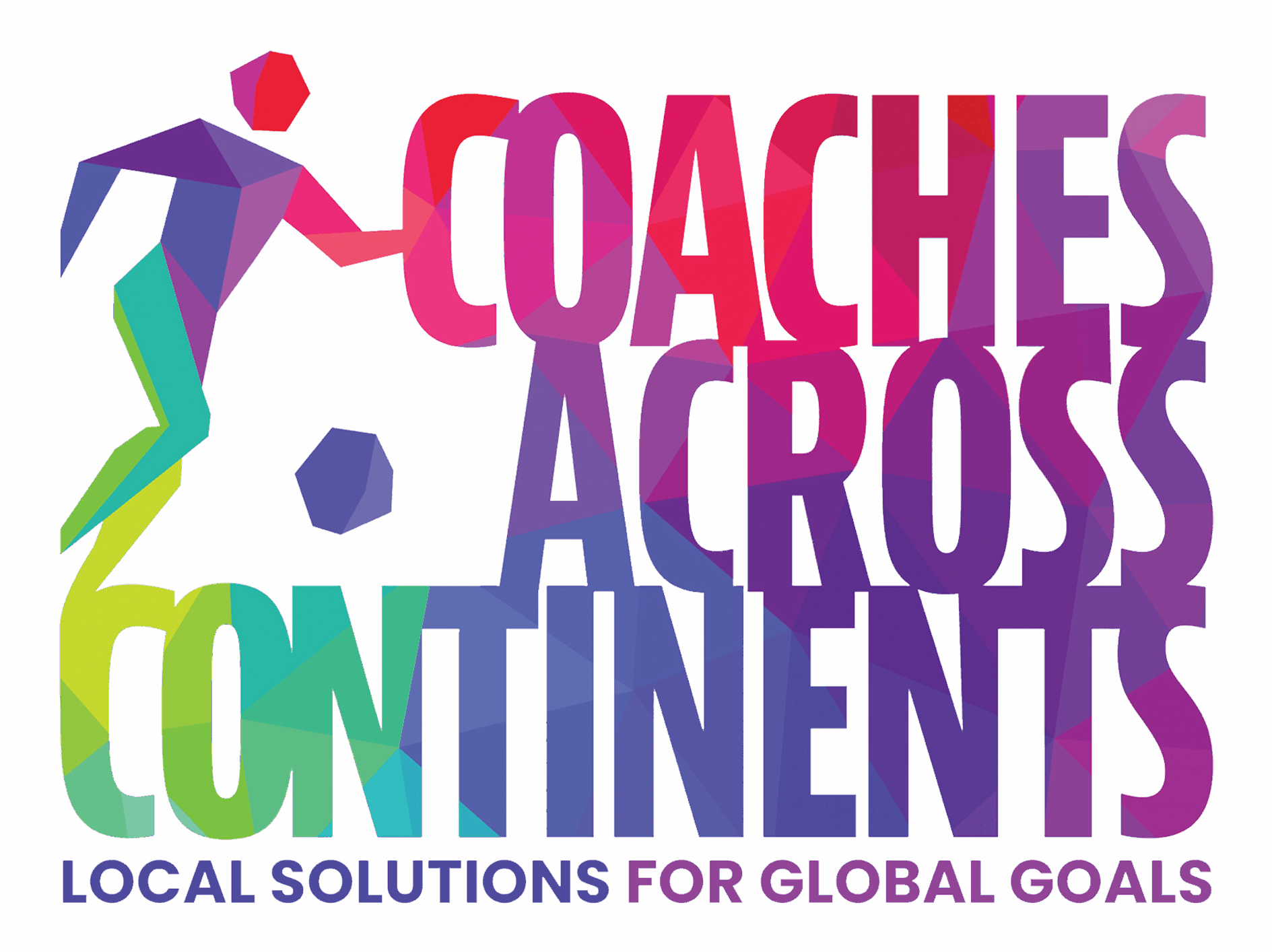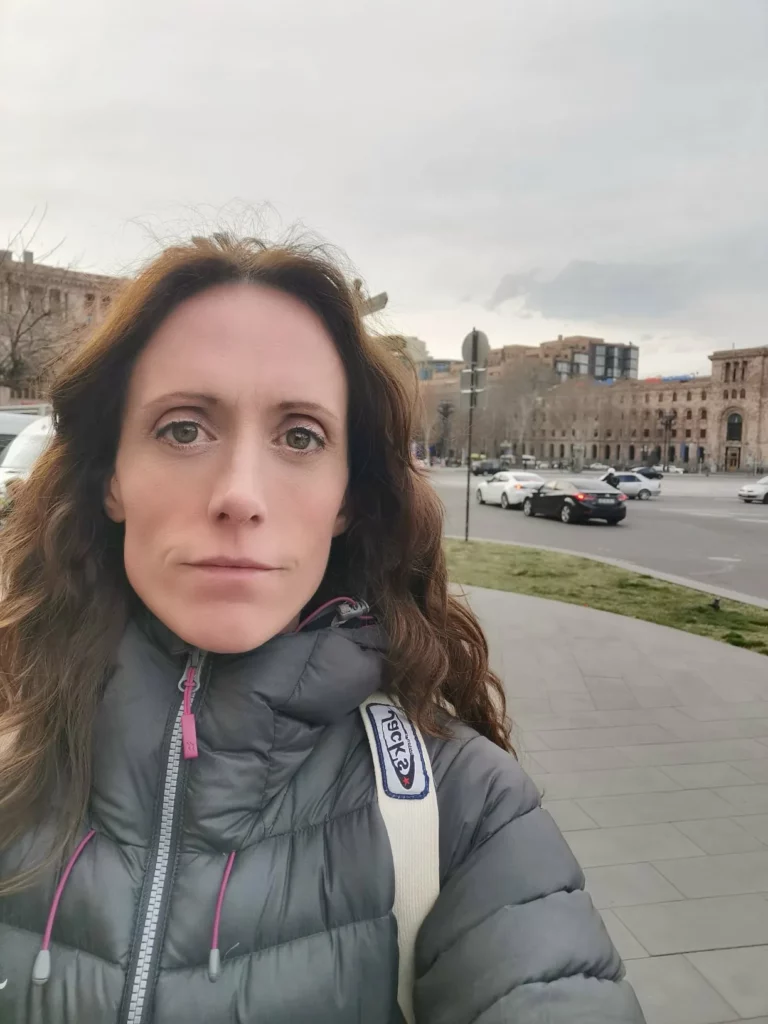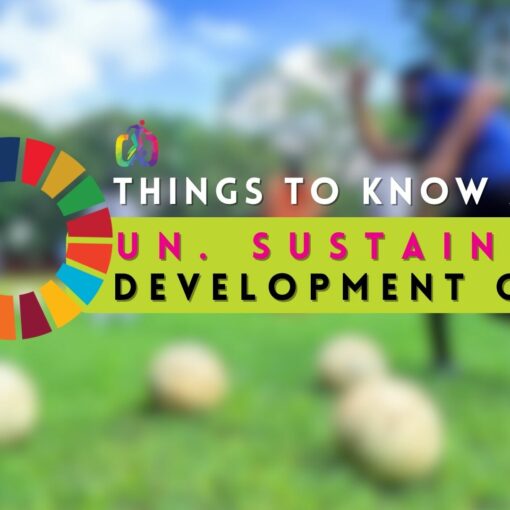Before travelling to Armenia, my father kindly bought me a book so that I could learn about the Armenian Genocide, the systematic destruction of the Armenian people, and their identity during World War I. Armenia is a landlocked country with active conflict at some of its borders, the most recent of which was in September 2023, when Azerbaijan took occupation of the Nagorno-Karabakh region, displacing 100,000 Armenian citizens in one week. Basic internet research using Wikipedia and Google images gave me further information. I found out that Cher and the Kardashians have Armenian heritage from their paternal sides, but this did not help me form any preconceived expectations.
At 4:30 a.m., after a 20 hour journey from Cornwall to Yerevan, I was relieved to see my name printed on A4 paper with the driver of my pre-booked taxi waiting for me. I was surprised when I got into my taxi to observe that it had no rear seat belts. I was surprised again to observe that it is both permitted and common to smoke cigarettes indoors. These two factors contributed to my overall sensation of stepping back in time. During my nine-day visit, this sensation was further reinforced by the interior decor of my hotels, but most notably by the cars in Yerevan, many of which were designed and built in the 1980’s. Armenia is the first and possibly only country I have ever visited that doesn’t have the iconic McDonald’s golden arches, which highlights the lack of western modernization, which I much appreciated.
According to Numbeo’s country safety index, Armenia is the 7th-safest country in the world. Qatar heads the list. Of course, safety or perceived safety is a construct; for example, I do not imagine a homosexual feels particularly safe in Qatar.
Walking around the capital city of Yerevan, I felt safe, I did not see drunken or loutish behavior, no groups of boisterous youths, no one loitering in dark corners, and no one staring at me. The two beggars that I saw were frail elderly women, and I did not feel the need to cross the street to avoid feeling intimidated. Litter was sparse, which gave me the impression that people are considerate of their environment, and I was in awe of the vast width of the roads and pavements, which provided space and time, contributing further to a feeling of calm and safety.
The purpose of my visit was to support the team at GOALS to deliver the first of three weeks of coach education funded by the H. Hovnanian Family Foundation. GOALS stands for Girls Of Armenia Leadership Soccer, and their mission is to allow girls opportunities to play soccer, speak their minds, and challenge social norms. GOALS first partnered with Coaches Across Continents in 2016 and is one of a select few organisations that have become accredited. I was made to feel very welcomed by the GOALS team and knew instantly that it was going to be a fun and successful week.

In the beautiful surroundings of Vayk, 140 km south of Yerevan, we had the pleasure of working with PE teachers and coaches, all of whom seek to improve the opportunities and experiences of girls who want to play football. Fortunately, we had beautiful weather and incredible facilities. All of the sessions were engaging and thought-provoking, and we had some constructive conversations about age-appropriate training, overcoming barriers to participation, mental well-being, and mindfulness.
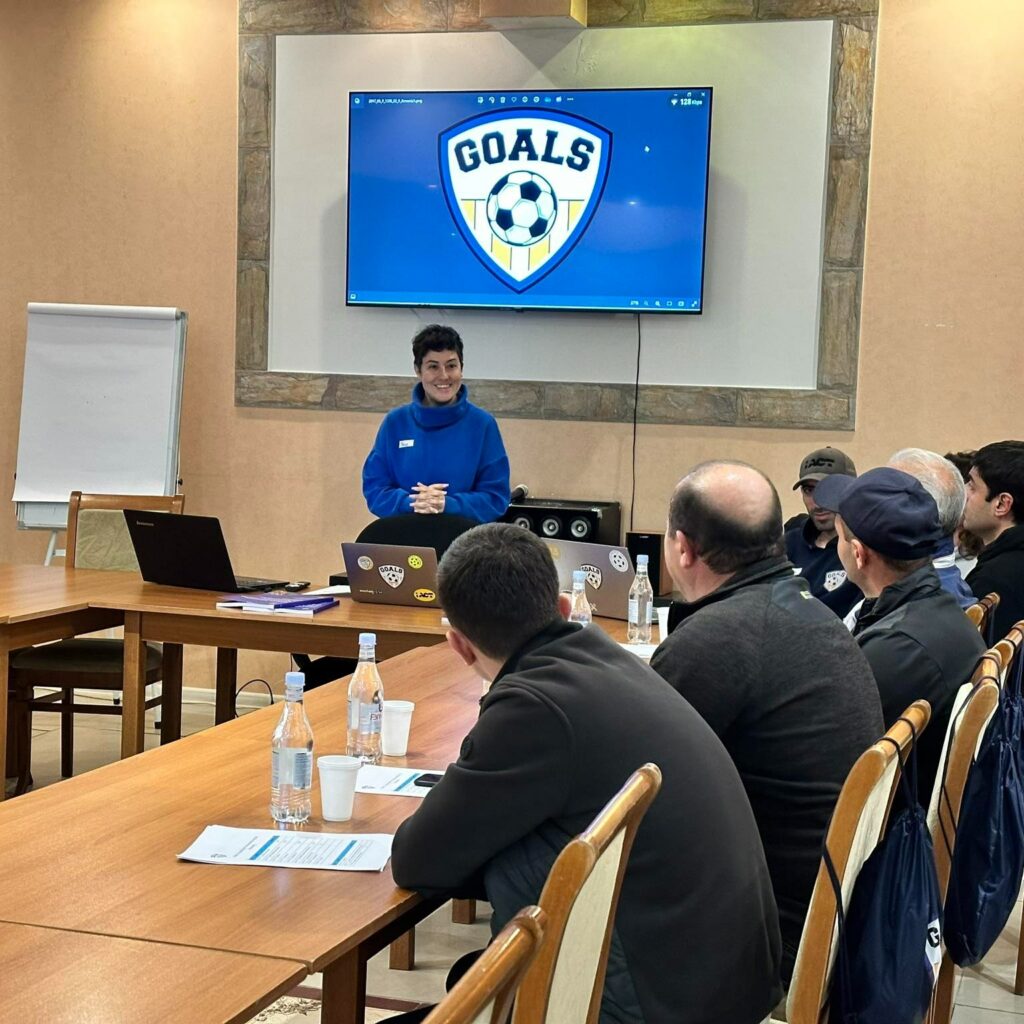
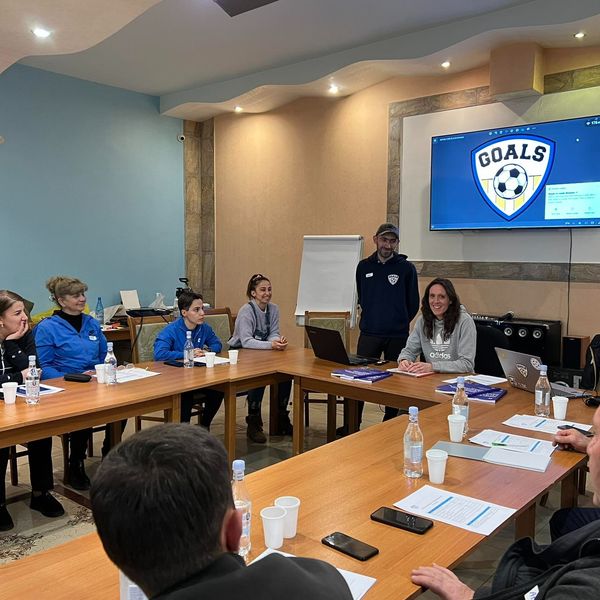

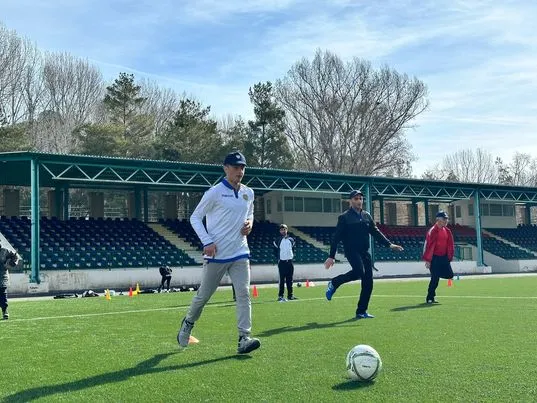
Most interesting for me was the session that I delivered on safeguarding. At CAC, we believe safeguarding should be our number one priority when planning and delivering sessions. We approach safeguarding not just from the perspective of the child but also discuss how the coaches might safeguard themselves as well as the reputation of their organization.
Prior to leading a safeguarding session, I asked the GOALS staff to help me translate some words on flip chart paper. They struggled to find a literal translation for the word Safeguarding, which I found very interesting. Was this because safeguarding was not widely discussed or is Safeguarding simply a western term?
During the group discussion, the participants shared with me that they feel the abuse of children is rare in Armenia, children are considered precious, and they are looked after, not only by their family but by their whole community. We talked through possible scenarios and current accepted practices. By comparison to the UK, everything felt very relaxed.
The session made me ponder: What makes a country safe? Why are cases of abuse against children so low in Armenia? Surely every country has bad people, can a culture of non acceptance be enough to reduce the incidence of abuse?
Jam News website says that in Armenia,’society considers sexual molestation not a horrible phenomenon, but a shameful one. Even when violence committed against children, parents prefer to hide rather than resolve the issue through legal means.’ Therefore, are the rates of abuse of children much higher than those that are being reported?
Tatevik Aghabekyan, Program Director at the Sexual Assault Crisis Center, says there are several factors in Armenia that create favourable conditions for sexual abuse of children. The first is a lack of sexual education. “If a child has elementary knowledge about the boundaries of their body, if they know that no one has the right to touch certain parts, it will be easier for them to react to dangers.” The second factor that abusers can use to silence children is fear. Many will learn that in this way, it is possible to control them. However, the main obstacle in the fight against sexual violence is stereotypes. People are sure that this happens only among certain groups of people, not their own. Conversations about safeguarding, policy development, reporting mechanisms, training, and the need for confidentiality are imperative for advancing the protection of children in modern day Armenia.
Armenia’s official human rights ombudsman, Karen Andreasyan, told IWPR that the priority now was to inform children of their rights, including within the family.
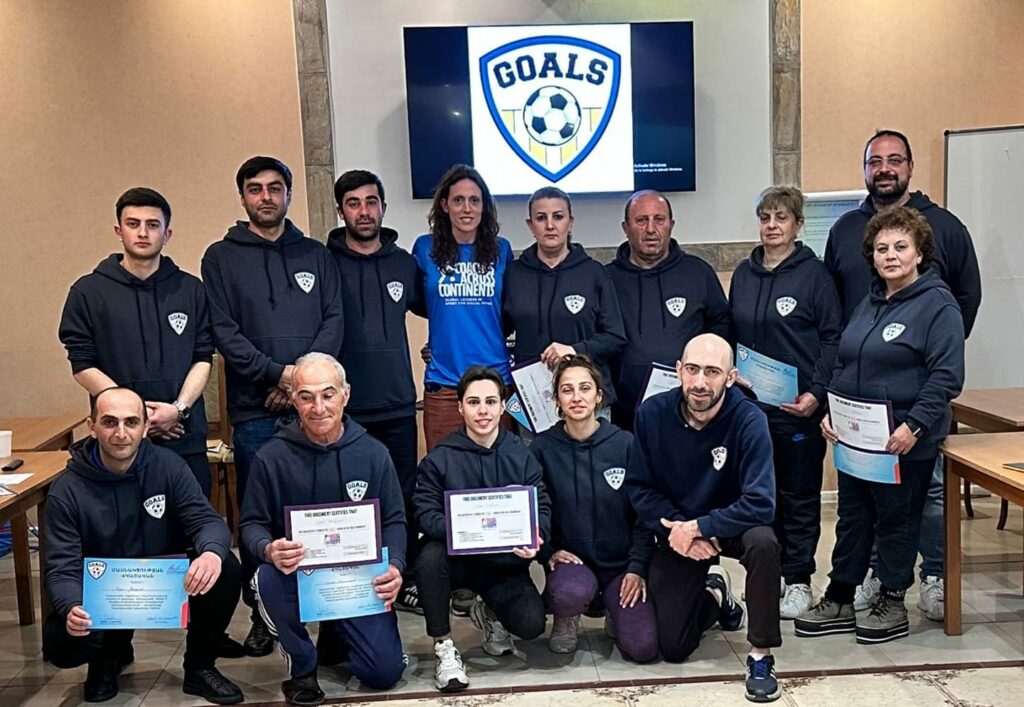
This research made me feel incredibly proud of the GOALS team. As an organization in a statistically safe country, they prioritized the discussion of safeguarding and recognised that, in a constantly changing society, we can never assume that children are safe. GOALS are leaders in coach education, challenging cultural stereotypes, and empowering children to know their rights, all of which are proactive ways to combat the abuse of children. Coaches who attend GOALS training will be actively involved in conversations to debate current safeguarding practices and how to review ways in which we can constantly seek to improve policy and procedure to protect children.
I thoroughly enjoyed my trip to Armenia, and I hope to return soon, not least to see my new friends at GOALS.
